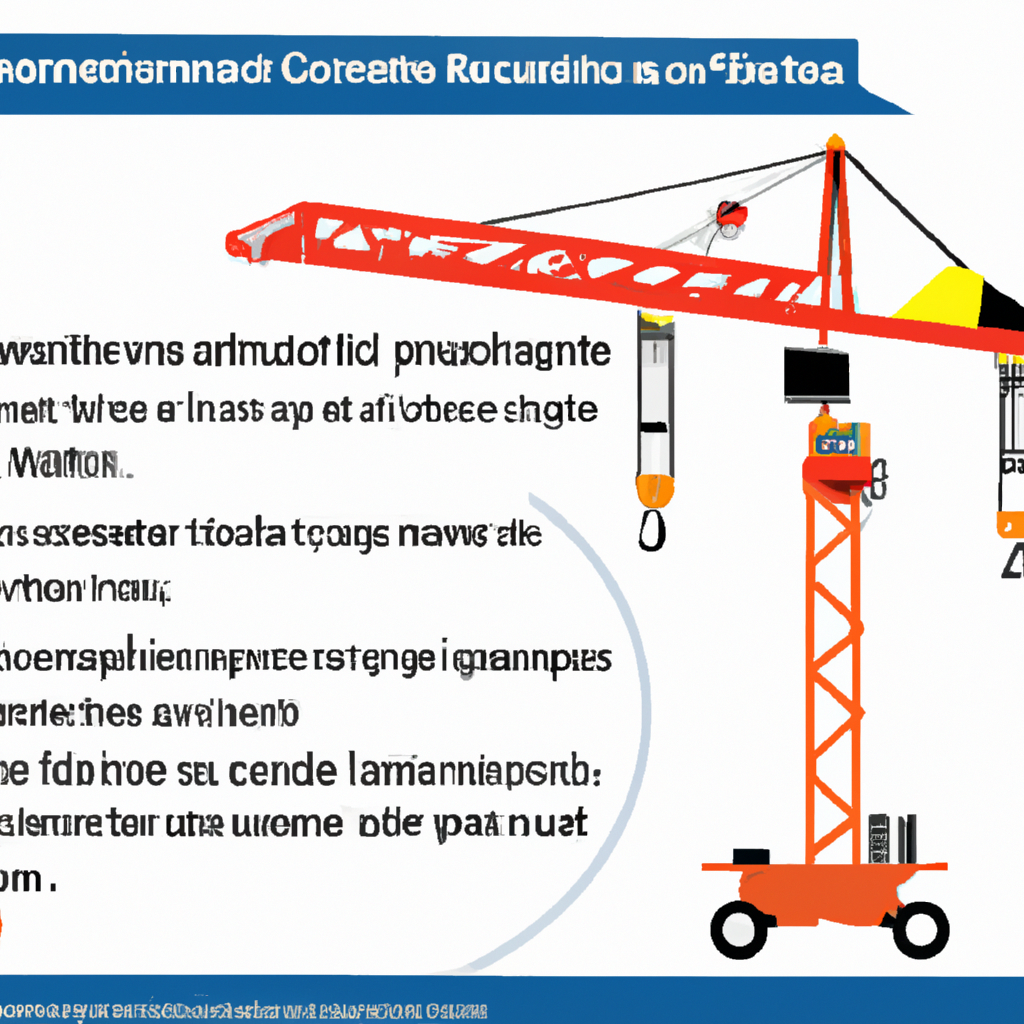Insurance Needed for Crane Rental Availability: Everything You Need to Know
Crane rental is an essential service for many construction and industrial projects. However, before you can access a crane for your job site, one critical factor comes into play: insurance needed for crane rental availability. Insurance is not just a formality—it’s a crucial component that protects your business, your workers, and the crane rental company from unexpected risks and costly liabilities.
Why Is Insurance Mandatory for Crane Rental?
Renting a crane involves significant risk. Heavy lifting, working at heights, and operating expensive machinery make insurance for crane rental an absolute necessity. Rental companies require proof of insurance before releasing equipment to ensure that everyone involved is covered in case of accidents, damages, or injuries.
- Risk mitigation: Minimizes financial exposure for both renter and rental company.
- Legal compliance: Many municipalities and project owners mandate insurance as part of safety regulations.
- Asset protection: Safeguards the crane, job site, and personnel from potential losses.
“Insurance is the backbone of any safe and successful crane rental operation.”
Types of Insurance Required for Crane Rental Availability
When exploring crane rental insurance requirements, several key policies are commonly mandated:
-
General Liability Insurance
Protects against third-party property damage and bodily injury claims resulting from crane operation. -
Rigger’s Liability Insurance
Covers damage to property being lifted or moved by the crane, essential for complicated lifts. -
Equipment Insurance (Inland Marine)
Covers physical damage to the crane itself while it’s in your care, custody, and control. -
Workers’ Compensation
Required if you have employees on site. Covers injuries or illnesses sustained by workers during crane operations. -
Automobile Liability Insurance
Necessary if the crane is driven or transported on public roads.
Steps to Secure the Right Insurance for Your Crane Rental
To ensure crane rental availability and seamless operations, follow these steps:
- Assess Your Project Needs: Determine the type and size of crane, duration of rental, and specific job site risks.
- Contact Your Insurance Agent: Share project details to tailor insurance coverage that fulfills all crane hire insurance requirements.
- Obtain Certificates of Insurance (COI): Most crane rental companies will ask for a COI listing them as “Additional Insured.”
- Review Policy Limits: Ensure your policy meets the minimum liability limits stipulated by the rental company and project owner.
- Stay Updated: Keep insurance documents current throughout the rental period and update them for additional projects if needed.
Related Concepts and LSI Keywords for Crane Rental Insurance
Understanding industry terminology can help ensure you’re covering all your bases. Here are some related LSI (Latent Semantic Indexing) keywords often associated with insurance needed for crane rental availability:
- crane rental liability
- crane operator insurance requirements
- construction equipment insurance
- crane hire safety compliance
- jobsite risk management
- heavy equipment insurance policy
- project owner insurance stipulations
- contractor insurance documentation
- rental crane accident coverage
- site-specific insurance needs
Consequences of Inadequate Insurance for Crane Rental
Failing to secure the appropriate insurance needed for crane rental availability can have serious repercussions:
- Financial Loss: You may be liable for damages, injuries, or even the total loss of an expensive crane.
- Legal Penalties: Operating without mandatory insurance can result in fines or stop-work orders from regulatory authorities.
- Project Delays: Inability to provide proof of insurance can halt your project and damage your reputation with clients.
Case Study: Insurance in Action During Crane Rental
Consider a construction company that rents a crane for a high-rise project. During operation, a sudden wind gust causes the crane’s load to swing and damage a neighboring building. Thanks to comprehensive general liability and rigger’s liability insurance, the company was able to cover repair costs, avoid litigation, and maintain project momentum. This real-world scenario highlights the importance of securing all necessary insurance for crane rental availability.
Best Practices for Managing Insurance When Renting a Crane
- Always check the rental company’s insurance requirements in advance.
- Work with experienced insurance agents who understand construction and crane operations.
- Keep digital and physical copies of all insurance documents accessible on the job site.
- Review and update your insurance coverage for each new project or rental agreement.
- Train your team on risk management and incident reporting procedures.
Frequently Asked Questions About Crane Rental Insurance
- Can I rent a crane without insurance?
- No, reputable crane rental companies require proof of insurance before releasing their equipment.
- What is the minimum liability coverage required?
- Coverage limits vary but typically start at $1 million for general liability and may be higher depending on project scope.
- Does my general contractor’s insurance cover crane rental?
- Not always. You may need to add specific endorsements or purchase additional policies tailored to crane operations.
- Who should be listed as ‘Additional Insured’?
- The crane rental company and sometimes the project owner or general contractor.
Final Thoughts
Securing the correct insurance needed for crane rental availability is an essential step for any project involving heavy lifting machinery. Not only does it fulfill legal and contractual obligations, but it also provides peace of mind, allowing you to focus on completing your project safely and efficiently. Always consult with insurance professionals and your rental provider to ensure full compliance and coverage.
